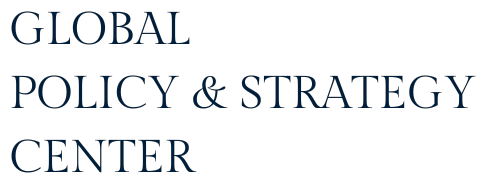Politics is a dynamic tapestry interwoven with various ideological threads, each serving as a guiding compass for governments and individuals alike. These diverse political ideologies lay the philosophical groundwork for societies and governance practices. Embarking on a journey of exploration, we seek to understand the broad spectrum of beliefs and values that contribute to shaping our intricate political landscape.
The Foundations of Political Ideologies
At the heart of every political ideology lie core beliefs about the role of government, the distribution of resources, and the rights of individuals. These fundamental principles drive the formation of policies and the direction of political action. Let’s take a closer look at some of the most influential political ideologies:
1. Liberalism: Liberal ideologies emphasize individual rights, limited government intervention, and the value of free-market capitalism. They prioritize personal freedom and democratic governance.
2. Conservatism: Conservatives advocate for tradition, order, and limited government intrusion in the economy. They are often associated with a commitment to family values and social stability.
3. Socialism: Socialist ideologies focus on reducing economic inequality through government intervention and the equitable distribution of resources. They emphasize collective ownership and control of essential industries.
4. Communism: Communism seeks to create a classless society through the abolition of private property and the means of production. It envisions a stateless and egalitarian future.
5. Libertarianism: Libertarian ideologies promote minimal government interference in both the economy and personal life. They value individual liberty and personal responsibility.
6. Environmentalism: Environmental ideologies prioritize ecological sustainability and advocate for policies aimed at protecting the environment. They often intersect with other ideologies, emphasizing the importance of addressing climate change and resource conservation.
The Influence of Political Ideologies
These political ideologies aren’t confined to theory; they shape the policies and priorities of governments worldwide. The interplay of these ideologies leads to diverse approaches to issues such as healthcare, education, taxation, and social welfare. The tug-of-war between these differing worldviews can be observed in political debates, elections, and policy-making.
The Challenges and Complexities
Understanding the intricacies of political ideologies is no simple task. The real world rarely adheres strictly to one ideology, and the blending of different ideas often creates nuanced policies. Additionally, the evolving nature of society and global challenges continually influences the relevance and popularity of various ideologies.
The Ongoing Conversation
In the ever-evolving landscape of political thought, the exploration of ideologies is a never-ending conversation. It’s a dialogue about the role of government, the distribution of resources, and the rights of individuals. As we delve deeper into the spectrum of beliefs and values that define our political landscape, we gain insight into the forces that shape our world.
From the enduring clash between liberalism and conservatism to the revolutionary fervor of socialism and communism, political ideologies provide the lens through which we analyze the past, interpret the present, and envision the future. They are the philosophical compasses guiding societies toward their respective visions of a just and prosperous world.
